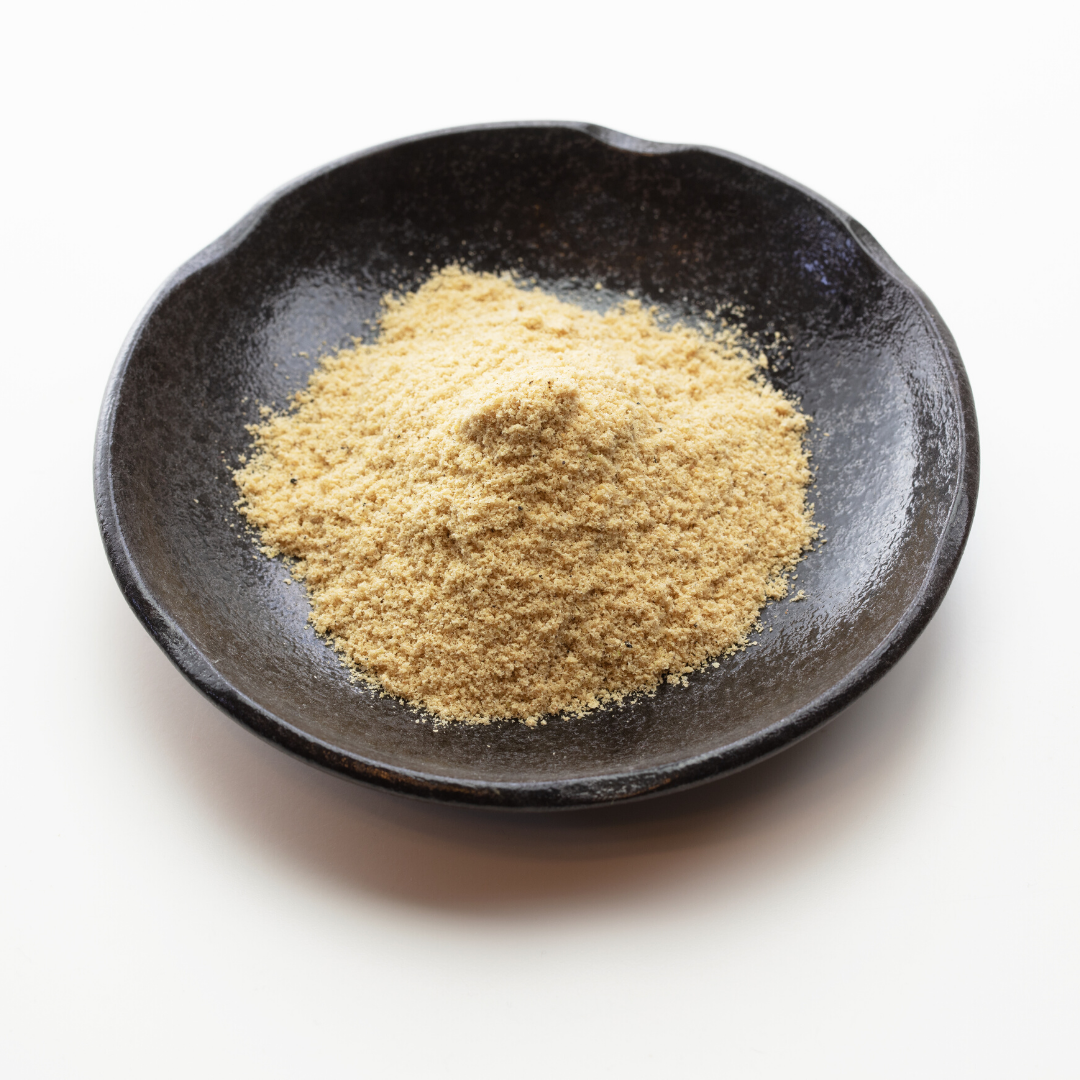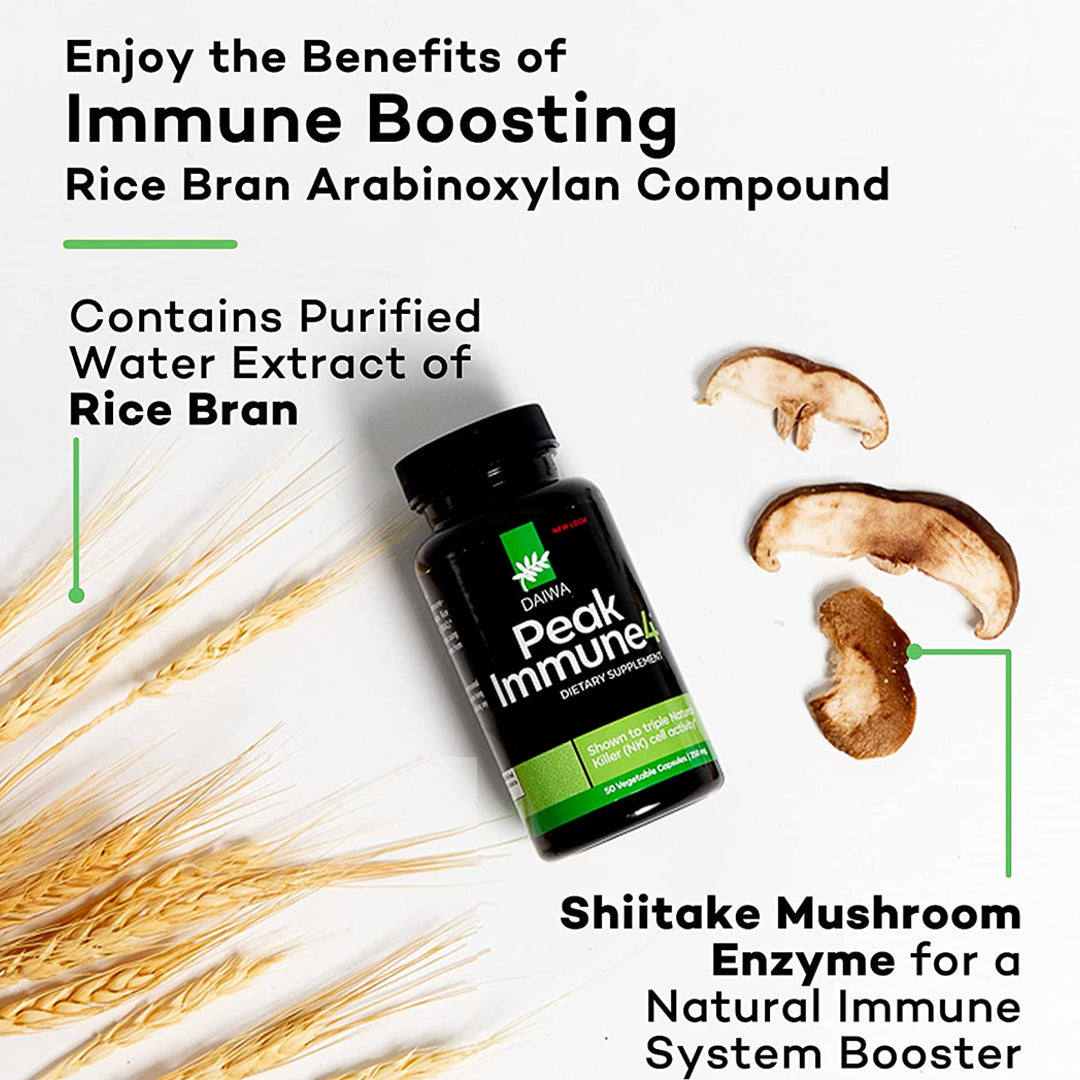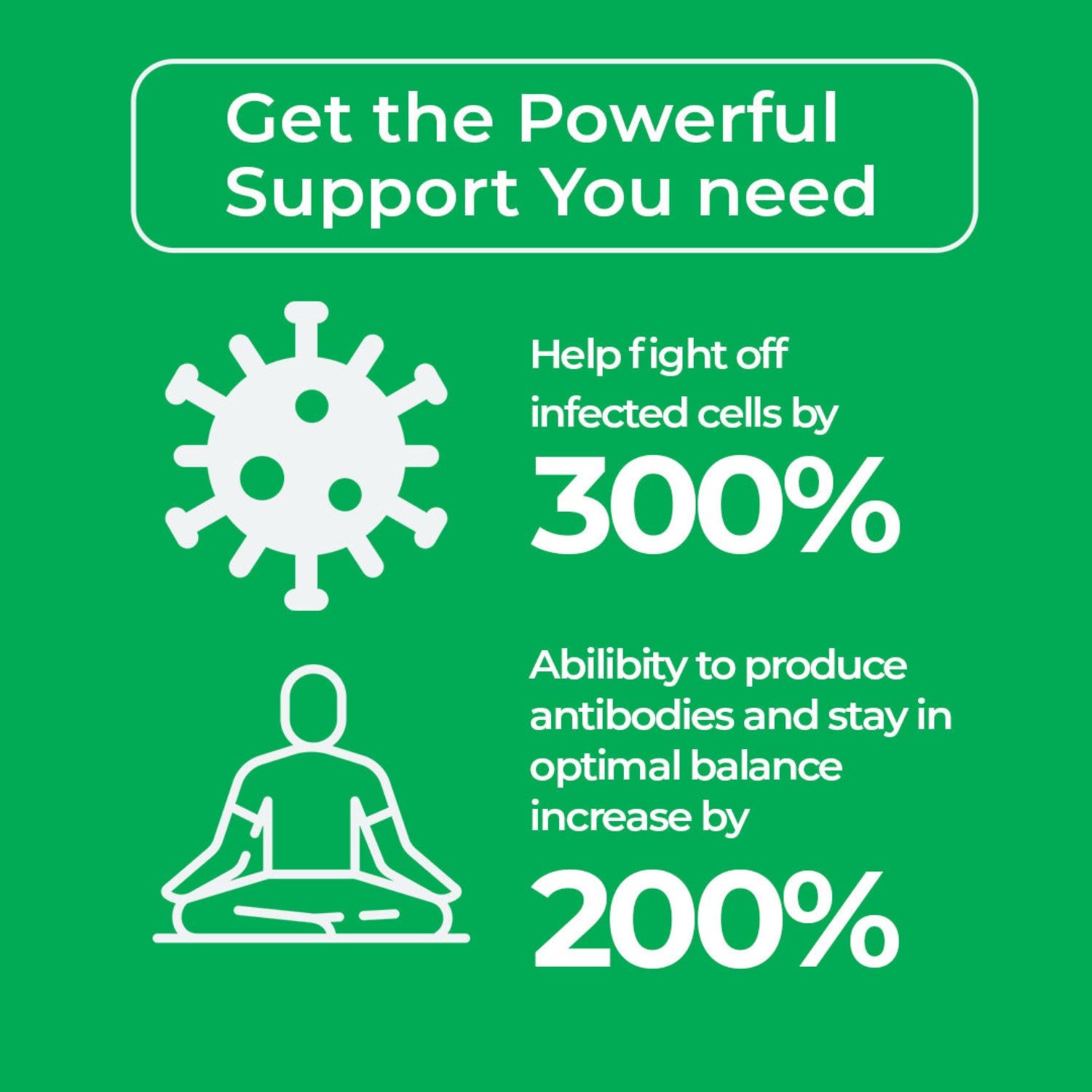Gratitude has been celebrated for centuries in philosophy, religion, and daily life. Today, science confirms what tradition has long suggested—practicing gratitude can change the way we think, feel, and even the way our bodies respond to stress. Gratitude is not just a simple feeling; it is an emotion that can be cultivated, and it plays a significant role in enhancing our overall well-being.
At Daiwa Health Development, we believe cultivating gratitude is more than an attitude shift. It’s a practice that strengthens brain health, supports the gut-brain connection, eases joint tension, and reinforces overall mental health. Practicing gratitude can also contribute to good health by supporting both physical and mental wellness.
Thanksgiving and other seasonal celebrations remind us to count blessings. But gratitude doesn’t have to appear once a year at the dinner table.
It can become a daily practice that shapes mental well being, reduces negative emotions, and builds resilience in tough times. Practicing gratitude boosts mental well-being and strengthens relationships, making it a powerful tool for personal growth and connection.
The beauty of gratitude lies in its accessibility. Every person can express gratitude, whether through a gratitude journal, a gratitude letter, or simply noticing little moments of good fortune throughout everyday life. By acknowledging all the things—big or small—that bring positivity, we broaden our appreciation for the full spectrum of experiences in our lives.
Introduction to Gratitude
Gratitude is the simple yet powerful act of expressing appreciation for all the good things in our lives, no matter how big or small. Whether it’s a kind gesture from a friend, a moment of peace in a busy day, or the comfort of a warm meal, taking time to notice and acknowledge these moments can make a significant difference in our mental health and overall well being. Expressing gratitude helps us shift our focus away from negative emotions and toward a more positive mindset, allowing us to see the abundance in our everyday lives.
Practicing gratitude doesn’t require grand gestures—it can be as easy as jotting down a few things you’re thankful for in a gratitude journal, sharing your appreciation with a loved one, or simply pausing to reflect on the good things that happened today. By making gratitude a regular part of our routine, we nurture positive feelings, strengthen our relationships, and enhance our sense of happiness and fulfillment. The benefits of practicing gratitude extend far beyond a fleeting moment of joy; they help us build resilience, deepen our connections, and foster a greater sense of appreciation for life itself.
What It Means to Practice Gratitude
Practicing gratitude is more than saying “thank you.” It’s about cultivating gratitude as a conscious habit. That endeavor means noticing the positive impact of small events, appreciating loved ones, and giving proper attention to the blessings often overlooked. Take time to feel grateful for small daily moments and positive experiences, as this effort can enhance your overall well-being.
Expressing gratitude fosters deeper connections and improves communication, helping to build stronger and more meaningful relationships with others. Feeling grateful can foster happiness and strengthen relationships, while making a conscious effort to feel gratitude through mindfulness and reflection can help develop a grateful mindset. Gratitude may also lead to improved communication and stronger social bonds, making it a practical strategy for enhancing well-being. Personality traits can influence how easily a person practices or experiences gratitude, so individual differences matter.
Research shows gratitude interventions—such as writing letters, engaging in gratitude group activities, or keeping a gratitude journal—promote long-term well being. There are many ways to practice gratitude, including writing gratitude letters, expressing appreciation directly, or maintaining a gratitude journal. A meta analysis of multiple studies shows that gratitude helps reduce stress, manage stress levels more effectively, and encourage more positive feelings, especially when someone is stressed. These interventions benefit participants by providing measurable improvements in psychological well-being and happiness.
Practicing gratitude often leads to a more positive mindset. By shifting attention away from negative emotions and negative feelings, people find a positive outlook even when past events have been challenging.
This practice doesn’t mean ignoring hardship; instead, it’s about reframing tough times with appreciation for resilience, growth, or the close friend who showed support when life felt heavy.
The Four A’s of Gratitude
Psychologists often describe the 4 A’s of gratitude as appreciation, acknowledgment, acceptance, and action. Research on gratitude and relationship maintenance, such as the theory developed by associate professor Sara Algoe, highlights the importance of these elements in fostering strong social bonds.
- Appreciation: noticing good things and blessings in little moments of everyday life.
- Acknowledgment: recognizing the role of loved ones, mentors, friends, and even study participants or a control group who help shape understanding. In gratitude research, the control group serves as a baseline to compare the effects of gratitude interventions, demonstrating their impact on well-being.
- Acceptance: releasing negative feelings and replacing them with a more positive outlook.
- Action: turning thankfulness into prosocial behaviors—helping others, writing letters, or making sure someone is properly thanked, especially close friends. Expressing gratitude through action can inspire prosocial behaviors, such as acts of kindness and support, which strengthen relationships and community well-being. Many people write gratitude letters or keep gratitude journals as a regular practice. Engaging in written gratitude activities, such as letters or journals, has been shown to provide mental health benefits, including reduced symptoms of anxiety and depression. For example, one participant wrote a heartfelt gratitude letter to a friend and reported feeling significantly happier and more connected afterward.
These four aspects strengthen life satisfaction and encourage grateful people to maintain a grateful disposition. Together, they make gratitude a practice, not just a passing thought. Sharing gratitude on social media can create a more positive atmosphere online, spreading the benefits of gratitude to a wider community and encouraging others to adopt this uplifting practice.
The Science Behind Gratitude
Scientific evidence continues to reveal the remarkable ways gratitude can positively impact our mental health and overall well being. When we express gratitude, our brains release dopamine and serotonin—neurotransmitters that boost happiness and help us feel more content. This natural chemical response not only lifts our mood but also helps reduce stress, making it easier to maintain a positive outlook even during challenging times.
Gratitude practices, such as keeping a gratitude journal or sharing words of appreciation with others, have been shown to increase positive emotions and decrease symptoms of depression and anxiety. Over time, these practices help us develop a more grateful disposition, making it easier to notice and to savor the good things in our lives. By regularly choosing to express gratitude, we reinforce neural pathways associated with joy and satisfaction, leading to lasting improvements in our overall mental health. The positive impact of gratitude is clear: it helps us feel happier, more resilient, and better equipped to handle life’s ups and downs.
Why Gratitude Matters for Mental Health
Gratitude practice plays a vital role in mental health. Studies involving undergraduate and graduate students show gratitude interventions lower depression symptoms and foster more gratitude for life.
Gratitude letter writing, gratitude exercises, and even simple counting blessings routines help boost happiness and reduce stress. In many research studies, follow-up assessments are crucial to track the long-term effects of gratitude interventions on mental health and ensure the validity of the results.
From a neuroscience perspective, practicing gratitude activates brain regions tied to positive psychology and reward pathways.
This practice leads to stronger connections between thought patterns and emotional regulation. In practical terms, gratitude helps people manage stress, sleep better, and maintain a more positive mindset even during periods of high stress.
At Daiwa Health Development, we see gratitude as part of integrative wellness. Just as supplements nourish the body, gratitude nourishes the mind.
When mental health improves, physical health follows—supporting better sleep, managing inflammation, and lowering stress levels that often burden joints, the gut, and the immune system.
Gratitude and Mindfulness
Gratitude and mindfulness are two practices that beautifully complement each other, both encouraging us to be present and fully engaged in the moment. When we practice mindfulness, we bring our attention to our thoughts, feelings, and surroundings without judgment, creating space for greater awareness and appreciation. By weaving gratitude into this mindful approach, we become more attuned to the little things that bring joy and meaning to our lives.
Taking time to notice and appreciate the beauty in everyday moments—like the warmth of sunlight, the laughter of a loved one, or the taste of a favorite meal—can deepen our sense of life satisfaction and well being. Practicing gratitude in this mindful way helps us feel more connected to ourselves and the world around us, fostering a sense of appreciation that enriches our daily experiences. Ultimately, combining gratitude and mindfulness allows us to savor life’s blessings and cultivate a greater sense of fulfillment.
Overcoming Obstacles to Gratitude
While the benefits of gratitude are well established, it’s natural to encounter challenges when trying to practice gratitude, especially during difficult times or when negative emotions arise. Developing a grateful mindset doesn’t mean ignoring hardships; rather, it’s about finding ways to appreciate the lessons and growth that come from adversity. When negative emotions threaten to overshadow the good, gratitude exercises—like writing in a gratitude journal or expressing appreciation to others—can help shift our perspective.
Reframing challenges as opportunities for learning and personal growth allows us to find meaning even in tough situations. By making gratitude a consistent practice, we gradually train our minds to notice and appreciate the positive, even when life feels overwhelming. Over time, this perseverance helps us build resilience, deepen our sense of appreciation, and experience the many benefits gratitude has to offer, regardless of the circumstances.
The Power of Gratitude
The true power of gratitude lies in its ability to transform our lives from the inside out. By regularly counting blessings, writing letters of appreciation, or simply pausing to reflect on the good things in our lives, we can experience greater happiness, improved well being, and deeper life satisfaction. Practicing gratitude encourages a more positive and optimistic outlook, helping us to savor joyful moments and navigate challenges with resilience.
Gratitude also strengthens our relationships, as expressing appreciation fosters trust, connection, and mutual respect. Beyond emotional benefits, gratitude can positively impact our physical health by reducing stress levels, promoting better sleep, and encouraging healthier lifestyle choices. Whether through writing gratitude letters, sharing kind words, or acknowledging the blessings in our everyday lives, embracing gratitude allows us to experience its profound benefits and to lead a more fulfilling, meaningful life.








Leave a comment
All comments are moderated before being published.
This site is protected by hCaptcha and the hCaptcha Privacy Policy and Terms of Service apply.